New livestock traceability regulations are expected to be ‘soft-launched’ in early to mid-2026

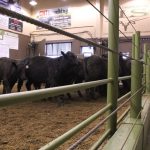
After several delays, the new traceability regulations are expected to be ‘soft-launched’ in early to mid-2026

Prime Cuts with Steve Kay

Program costs 'unsustainable' without price increase
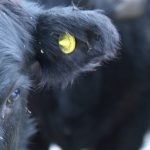
While some changes are seen as practical and positive, industry officials are concerned about others that could add complications and cost

Event volunteers may lack skills needed, association says

Producers have until June 16 to comment on proposals
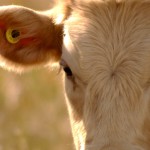
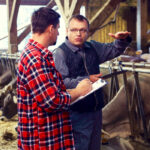
Vet Advice with Dr. Ron Clarke

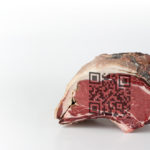
Will the technology sustain enough interest for the concept to reach its full potential?